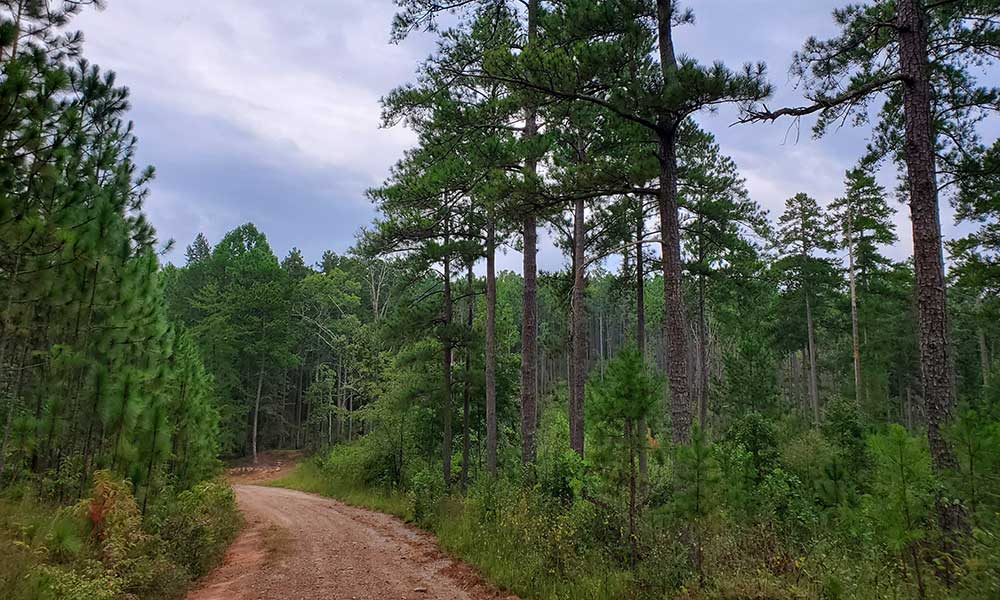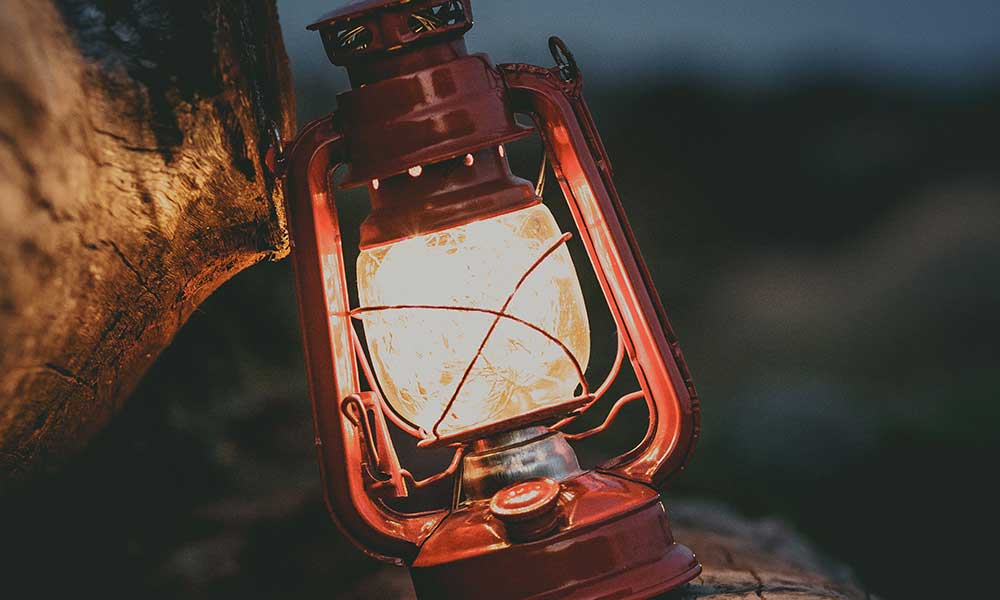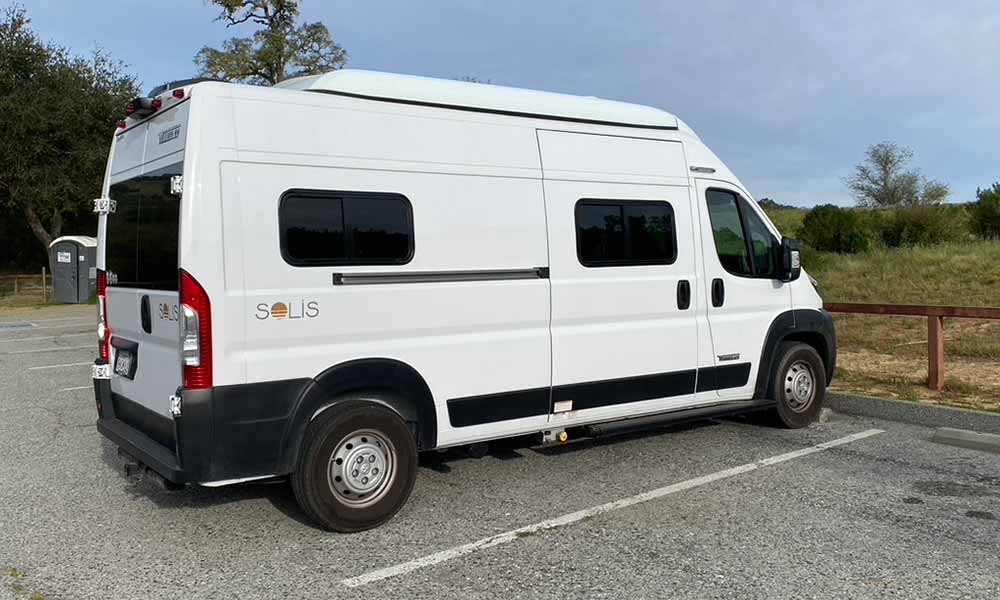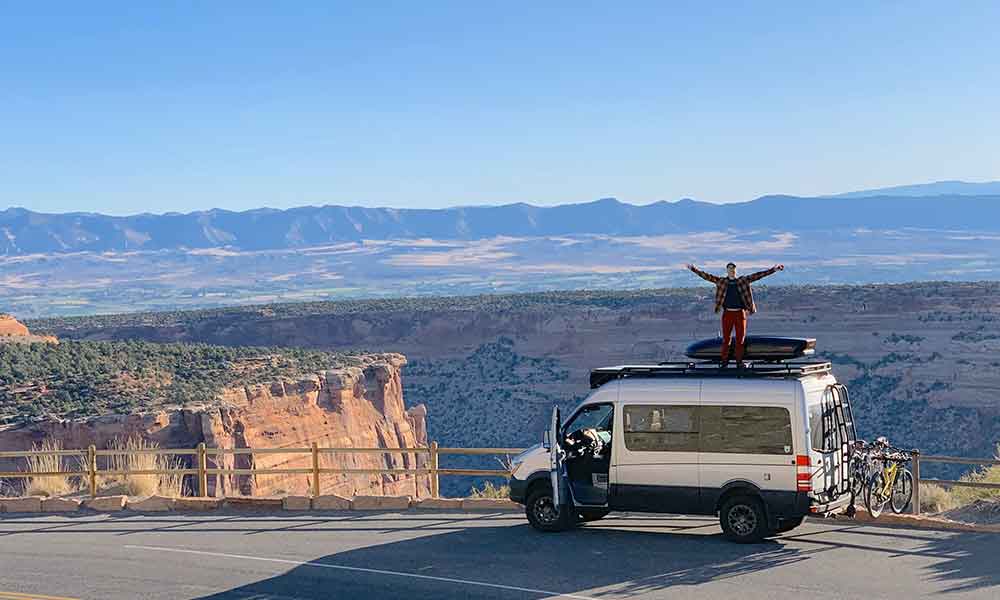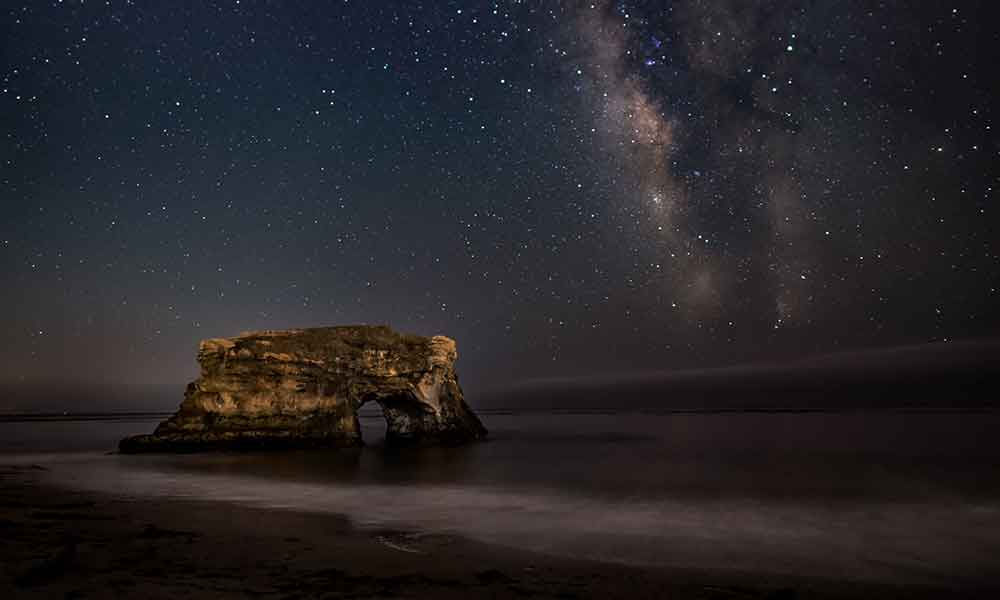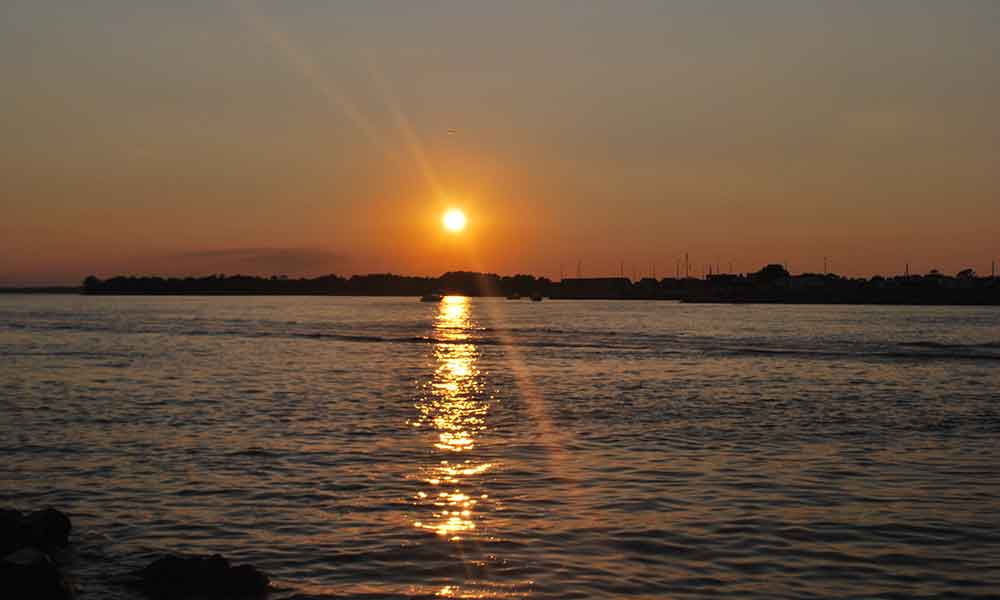As one of the most beautiful, diverse, and vast destinations in Alabama, Conecuh National Forest is a firm favorite for outdoor enthusiasts, hikers, fishermen, and campers. As a result of so much open space, it begs the question; can you camp anywhere in Conecuh National Forest?
Yes, Conecuh National Forest follows the national legislation that says you are allowed to engage in “dispersed camping.” Dispersed camping is any camping that does not occur at designated camping sites and occurs at least 200m from a hiking trail and 100m from a natural water source.
When considering dispersed camping within the Conecuh National Forest, it is essential to adhere to nationalized legislation to avoid any fines or penalties and general park rules and camping etiquette. All of these critical pointers for both beginner and advanced campers are discussed below:
Where Is The Best Place To Camp In Conecuh National Forest?
However, before we look at dispersed camping in Conecuh National Forest, it would be amiss not to mention and discuss their designated campsite.
Designated campsites offer campers ample space to pitch a tent with improved amenities and access to various outdoor activities on a first-come, first-serve basis (i.e., you cannot book a place in advance like some other camping grounds.)
The Open Pond Recreation Area is situated next to the Open Pond by the turn-off at Tower Road. At only $8.00 a night for non – RV hook-ups, the Open Pond Recreational Area has great camping sites across the 450 – acre site, each with its designated picnic tables and fire pits.
Along with the amenities provided at the designated camping sites are the greater amenities of the Open Pond Recreational Area, including drinking water, hot showers, flushing toilets, and electricity.
As the name suggests, the highlight of this camping site is the 30-acre Open Pond which provides campers with various water sports such as swimming, fishing, and non-motor boat activities such as kayaking and canoeing.
Other activities in and around the Open Pond Recreational Area include:
- Hiking,
- Bird watching,
- Picnicking,
- Cycling, and
- Horseback riding, and
- Hunting (in-season.)
Finally, with space for up to six vehicles per camping site and dogs allowed to join their owners, the Open Pond Recreational Area is the perfect getaway for friends and family looking for an accessible introduction to camping in the Conecuh National Forest.
What Is Dispersed Camping?
As mentioned above, dispersed camping is a recognized legal form of camping, whereby campers do not have to camp in designated camping sites and can instead go off the beaten path to find their camping sites.
The benefits of dispersed camping are:
- It is usually free, save for standard requirements such as paying entry fees into the park/national forest and any state legislated permits you may require.
- You can set up camp wherever you want, meaning that you have the freedom to choose secluded locations away from busy campsites or in areas that are more akin to your interests (such as setting up camp near a cliff face if you are a keen mountain climber!)
- Dispersed camping results in less ecological damage or strain on the environment, provided you adhere to some basic dispersed camping rules (see below for further information.)
- Dispersed camping fully submerges campers within the natural surroundings, meaning increased opportunities to spot wildlife, birdlife, observe constellations at night, or just admire the sounds of nature.
The negatives of dispersed camping are:
- Unlike designated camping areas, you will not have access to amenities such as drinking water, hot showers, electricity, fire pits, WiFi, or equipment hires.
- Because you lack basic amenities, you need to bring all the required equipment yourself to adequately set up camp, cook food, clean your camping utensils, and arrange ablution facilities.
- In the event of poor weather or encounters with wildlife/insects, you may be more exposed to the elements than if you were in a designated camping area.
- Finding the right area to set up camp may take a while exploring in your vehicle or on foot, whereby you will not encounter manicured lawns to set up camp as one may find in designated camping areas.
- You may need to rely on hard copies of maps to navigate the area in the event that any online or digital maps are not available while you are camping.
In conclusion, dispersed camping is considered by many people to be the best method of experiencing the great outdoors. However, it requires a level of camping experience and the right equipment to be a pleasant experience.
Rules For Dispersed Camping In Conecuh National Forest
Along with the legislated rules of being 100m away from a natural water source, 200m away from a designated hiking trail, 200m away from other campsites, and being in possession of a camping permit during hunting season, there are seven “leave no trace” principals campers should follow when camping:
- Plan ahead and prepare,
- Travel and camp on durable surfaces,
- Dispose of waste properly,
- Minimize campfire impacts,
- Respect the wildlife,
- Be considerate to other people/campers,
- Leave what you find.
Below are some practical examples of the seven principles that you can employ during your stay at Conecuh National Forest:
- Check-in with the local rangers to find out the best places to camp, what you should bring to the Conecuh National Forest, and any rules/regulations you need to adhere to during your stay.
- Instead of building a fire, use a portable camping stove to heat water and cook food.
- If you do decide to use fire, use deadfall for firewood. Never fell live trees, bring firewood from other areas, strip the bark off trees, or use toxic fire starters like paraffin.
- Come equipped with a bucket, ax, and shovel to extinguish fires.
- If you see a site that has previously been used for camping, instead use that site than flatten any new ground.
- Collect your rubbish for disposal/recycling outside the Conecuh National Forest.
- Bury human waste in a six-inch cathole at least 200m away from a water source.
- Keep noise to a minimum.
- Properly clean up food and utensils. Do not feed any wildlife or dump uneaten food within the Conecuh National Forest.
Conclusion
Like most national forests, Conecuh National Forest comes equipped with the facilities for organized, designated camping and ample space to allow for dispersed camping. Whichever camping option you choose, remember to follow all rules, regulations, and responsible camping principles.

